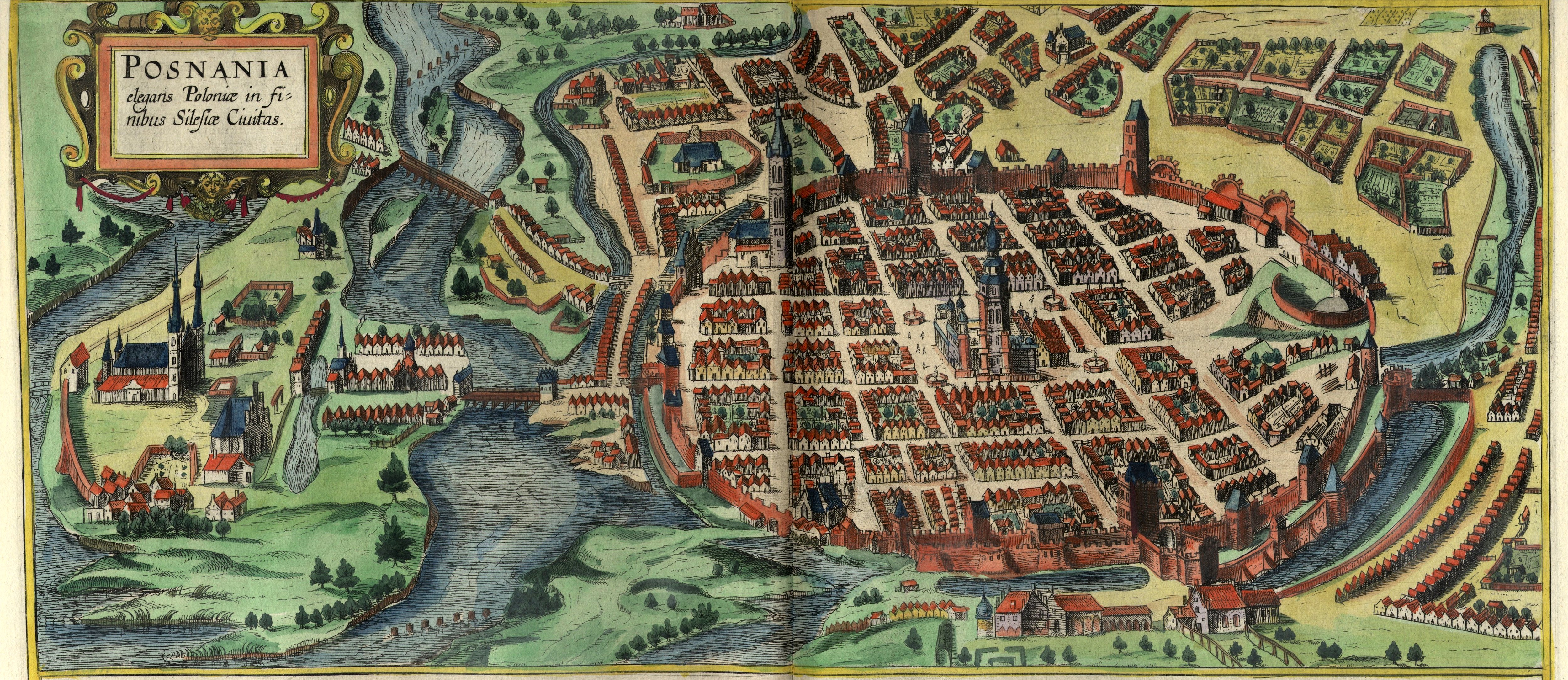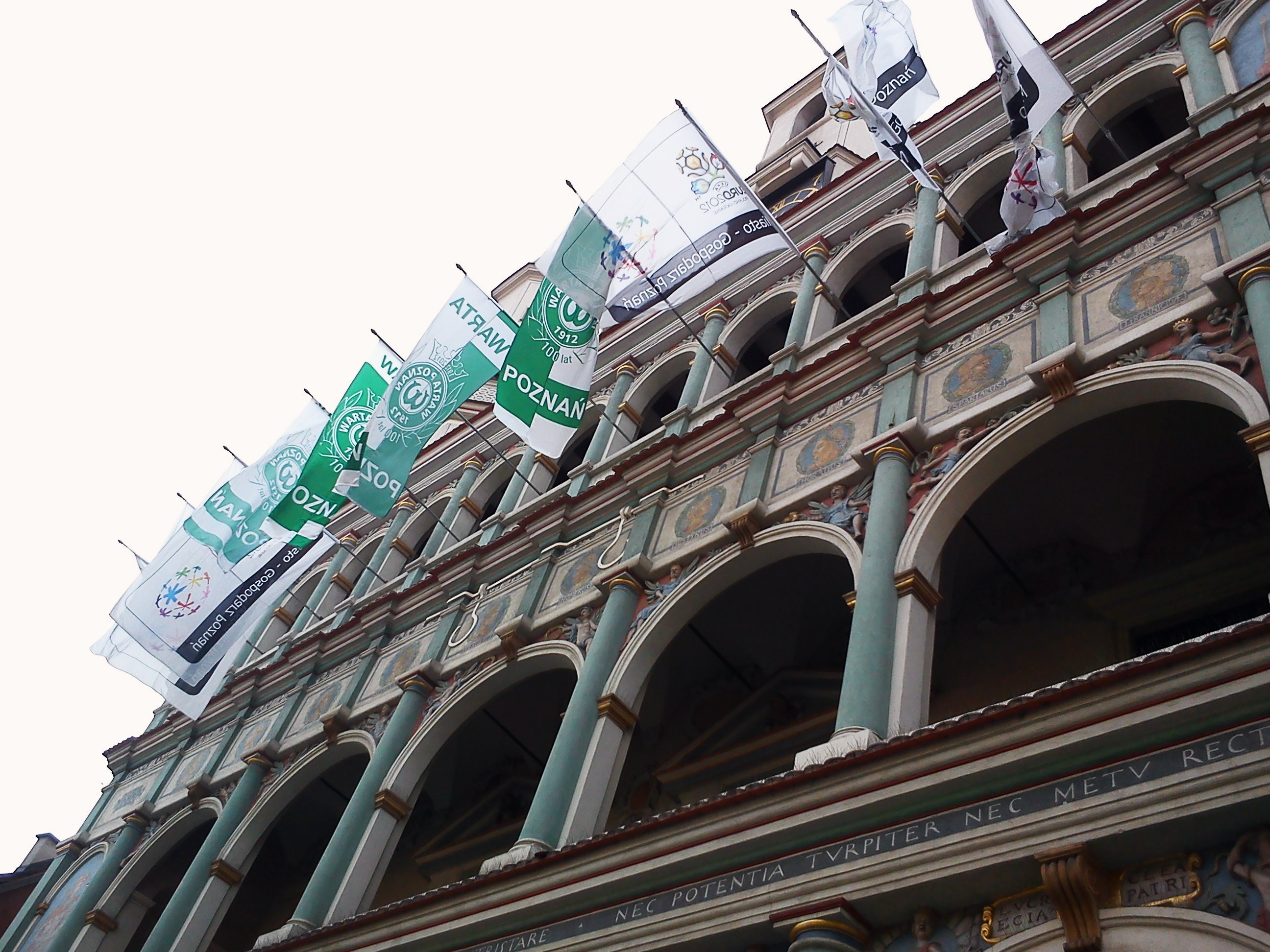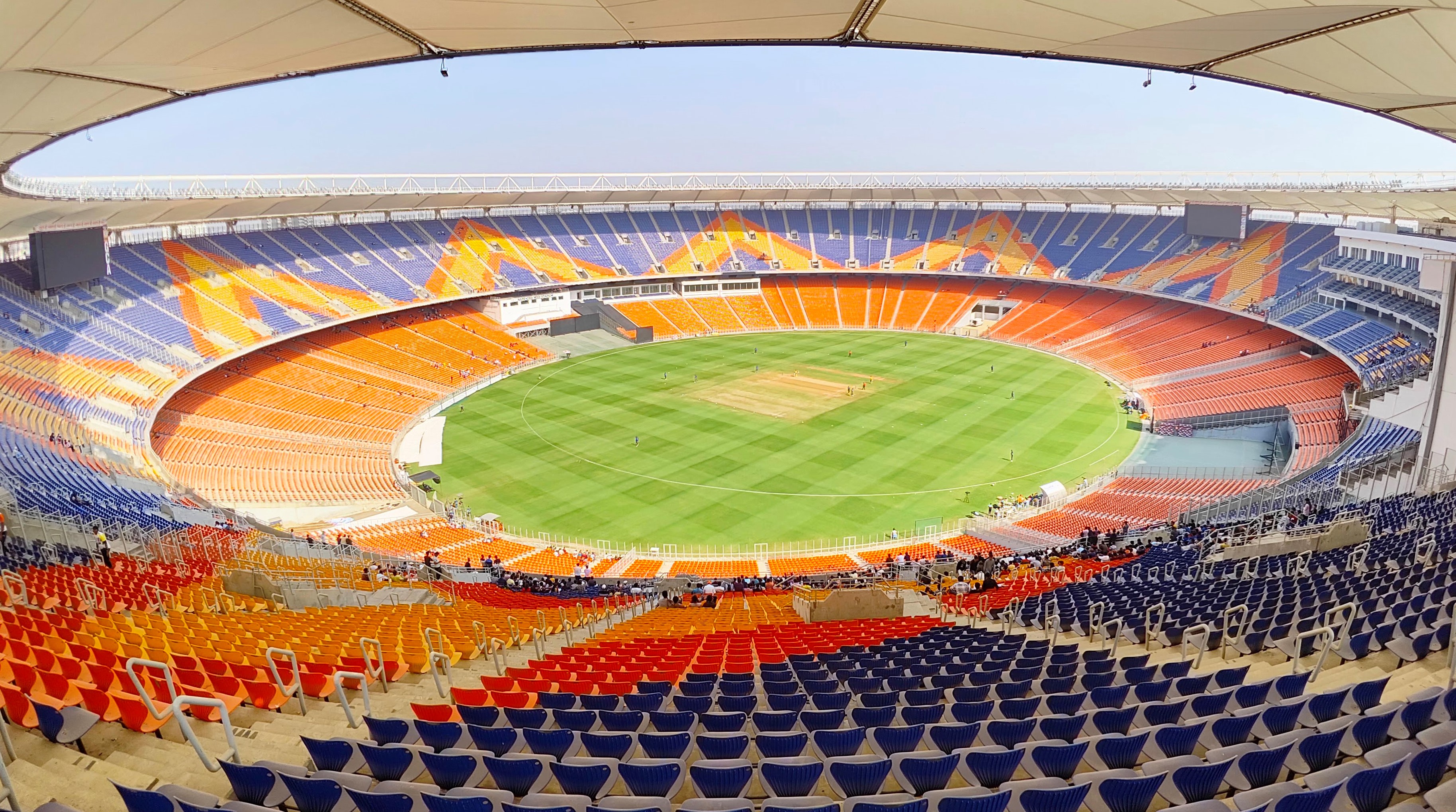|
Warta Poznań Stadium
The Warta Poznań Stadium (), also known as Dębińska Road Stadium () and nicknamed Little Garden (), is a football stadium located in the Wilda district of Poznań, Poland. Originally, the stadium was used as a training ground for Warta Poznań; after the Edmund Szyc Stadium fell into disrepair in 1998 and was sold in 2001, it became the team's main venue, having been expanded and modernised over the years to suit the team's needs. Due to not meeting Ekstraklasa and I liga requirements, it has not been used by Warta since the end of the 2018–19 season. References Poznań Poznań ( ) is a city on the Warta, River Warta in west Poland, within the Greater Poland region. The city is an important cultural and business center and one of Poland's most populous regions with many regional customs such as Saint John's ... Football venues in Poznań Sports venues in Poznań {{Poland-sports-venue-stub ... [...More Info...] [...Related Items...] OR: [Wikipedia] [Google] [Baidu] |
Wilda, Poznań
Wilda (German ''Wilda'' or ''Wilde'') is a southern part of the city of Poznań in western Poland. It was the smallest of the five governmental districts ''(dzielnicas)'' into which the city was divided prior to 1990, and which are retained for certain administrative purposes. For details, see Administrative division of Poznań. The name ''Wilda'' more popularly refers to a narrower area – the old neighbourhood (and former village) of Wilda, centred on the ''Rynek Wildecki'' market. This forms the northern part of the wider district of Wilda discussed in this article, and closely corresponds to the ''osiedle'' named Wilda in the new administrative division of Poznań. The wider district of Wilda also contains two other ''osiedles'': Zielony Dębiec, Poznań, Dębiec ("Green Dębiec") and Świerczewo, Poznań, Świerczewo. The district of Wilda has an area of , which is 5.8% of the total area of Poznań. Its population of 63,800 accounts for 11.1% of the city's total. The popula ... [...More Info...] [...Related Items...] OR: [Wikipedia] [Google] [Baidu] |
Poznań
Poznań ( ) is a city on the Warta, River Warta in west Poland, within the Greater Poland region. The city is an important cultural and business center and one of Poland's most populous regions with many regional customs such as Saint John's Fair, Poznań, Saint John's Fair (''Jarmark Świętojański''), traditional St. Martin's croissant, Saint Martin's croissants and a local dialect. Among its most important heritage sites are the Renaissance in Poland, Renaissance Old Town, Poznań Town Hall, Town Hall and Poznań Cathedral. Poznań is the fifth-largest List of cities and towns in Poland#Cities, city in Poland. As of 2023, the city's population is 540,146, while the Poznań metropolitan area (''Metropolia Poznań'') comprising Poznań County and several other communities is inhabited by over 1.029 million people. It is one of four historical capitals of medieval Poland and the ancient capital of the Greater Poland region, currently the administrative capital of the pr ... [...More Info...] [...Related Items...] OR: [Wikipedia] [Google] [Baidu] |
Poland
Poland, officially the Republic of Poland, is a country in Central Europe. It extends from the Baltic Sea in the north to the Sudetes and Carpathian Mountains in the south, bordered by Lithuania and Russia to the northeast, Belarus and Ukraine to the east, Slovakia and the Czech Republic to the south, and Germany to the west. The territory has a varied landscape, diverse ecosystems, and a temperate climate. Poland is composed of Voivodeships of Poland, sixteen voivodeships and is the fifth most populous member state of the European Union (EU), with over 38 million people, and the List of European countries by area, fifth largest EU country by area, covering . The capital and List of cities and towns in Poland, largest city is Warsaw; other major cities include Kraków, Wrocław, Łódź, Poznań, and Gdańsk. Prehistory and protohistory of Poland, Prehistoric human activity on Polish soil dates to the Lower Paleolithic, with continuous settlement since the end of the Last Gla ... [...More Info...] [...Related Items...] OR: [Wikipedia] [Google] [Baidu] |
Warta Poznań
Warta Poznań () is a multi-sports club based in Poznań, Poland. The name means ''the Guard'' in Polish and also the name of the river Warta on which Poznań is located. As of the 2025–26 II liga, 2025–26 season, they compete in the II liga, third division, after being relegated from the 2024–25 I liga. Founded in 1912, the association football club are two-time winners of the Polish Championship in Football, Polish Football Championship, in 1929 and 1947. In 2020, Warta returned to the Polish Ekstraklasa after being absent for 25 years. The club also played in the top level of the Polish football league system from 1927 to 1939, 1946 to 1950, and 1993 to 1995. In its history, the club celebrated many successes in disciplines such as boxing (the club won the Polish championship 11 times between 1927 and 1939), Warta Poznań (field hockey), field hockey (the club won the Polish championship 12 times between 1963 and 1980) and tennis (Wiesław Gąsiorek of Warta was Polish c ... [...More Info...] [...Related Items...] OR: [Wikipedia] [Google] [Baidu] |
Warta Poznań (women's Football)
Warta Poznań is a women's football club based in Poznań, Poland, the women's section of Warta Poznań. Currently focused on youth development, Warta's first team most recently competed in the second group of the III liga in the 2022–23 season. The team played its first season in the II liga, achieving promotion to the top tier on its first attempt. During the 2001–02 season, the women's football department separated from Warta and continued as a separate entity under the name Atena Poznań. Atena ended the campaign in third, the highest finish in the club's history. They spent the following four seasons in the top tier and qualified for the then new founded Ekstraliga. The league was too tough for Atena and the team was relegated again after the first season. The team played another season in the second division, before merging with Poznaniak Poznań in 2007. The team bounced between the second and third tiers, before changing its name to Koziołek Poznań at the start of ... [...More Info...] [...Related Items...] OR: [Wikipedia] [Google] [Baidu] |
Warta Poznań (women)
Warta Poznań () is a multi-sports club based in Poznań, Poland. The name means ''the Guard'' in Polish and also the name of the river Warta on which Poznań is located. As of the 2025–26 season, they compete in the third division, after being relegated from the 2024–25 I liga. Founded in 1912, the association football club are two-time winners of the Polish Football Championship, in 1929 and 1947. In 2020, Warta returned to the Polish Ekstraklasa after being absent for 25 years. The club also played in the top level of the Polish football league system from 1927 to 1939, 1946 to 1950, and 1993 to 1995. In its history, the club celebrated many successes in disciplines such as boxing (the club won the Polish championship 11 times between 1927 and 1939), field hockey (the club won the Polish championship 12 times between 1963 and 1980) and tennis (Wiesław Gąsiorek of Warta was Polish champion 12 times between 1959 and 1970). In total, Warta teams, sportsmen and sportswome ... [...More Info...] [...Related Items...] OR: [Wikipedia] [Google] [Baidu] |
Stadium
A stadium (: stadiums or stadia) is a place or venue for (mostly) outdoor sports, concerts, or other events and consists of a field or stage completely or partially surrounded by a tiered structure designed to allow spectators to stand or sit and view the event. Pausanias noted that for about half a century the only event at the ancient Greek Olympic festival was the race that comprised one length of the stadion at Olympia, where the word "stadium" originated. Most of the stadiums with a capacity of at least 10,000 are used for association football. Other popular stadium sports include gridiron football, baseball, cricket, the various codes of rugby, field lacrosse, bandy, and bullfighting. Many large sports venues are also used for concerts. Etymology "Stadium" is the Latin form of the Greek word " stadion" (''στάδιον''), a measure of length equalling the length of 600 human feet. As feet are of variable length the exact length of a stadion depends on the ex ... [...More Info...] [...Related Items...] OR: [Wikipedia] [Google] [Baidu] |
Edmund Szyc Stadium
The Edmund Szyc Stadium () is a ruined multi-purpose stadium in Poznań, Poland, named after Edmund Szyc, one of the founders of Warta Poznań. The stadium opened in 1929 during the "Comprehensive National Exhibition" (''Powszechna Wystawa Krajowa'') and had a capacity of 60,000 people. It is the historical home of football team Warta Poznań Warta Poznań () is a multi-sports club based in Poznań, Poland. The name means ''the Guard'' in Polish and also the name of the river Warta on which Poznań is located. As of the 2025–26 II liga, 2025–26 season, they compete in the II liga, .... References Multi-purpose stadiums in Poland Football venues in Poznań Sports venues in Poznań Edmunda Szyca, Stadion {{Poland-sports-venue-stub ... [...More Info...] [...Related Items...] OR: [Wikipedia] [Google] [Baidu] |
Ekstraklasa
(; meaning "Extra Class" in Polish), officially known as PKO Bank Polski Ekstraklasa due to its Sponsor (commercial), sponsorship by PKO Bank Polski, is a professional association football league in Poland and the highest level of the Polish football league system. Contested by 18 clubs, operating a system of promotion and relegation with the I liga, seasons start in July, and end in May or June the following year. Teams play a total of 34 games each. Games are played on Fridays, Saturdays, Sundays and Mondays. The winner of the qualifies for the Polish Super Cup. Since 2005, the league is operated by the S.A. (corporation), Spółka Akcyjna. The (former I liga) was officially formed as Liga Polska on 4–5 December 1926 in Warsaw, since 1 March 1927 as Liga Piłki Nożnej (), but the Polish Football Association (Polish: Polski Związek Piłki Nożnej, PZPN) had been in existence since 20 December 1919, a year after the independence of Poland in 1918. The first games of the f ... [...More Info...] [...Related Items...] OR: [Wikipedia] [Google] [Baidu] |
I Liga
I liga (, ), currently named Betclic I liga due to its sponsorship by Betclic, is the men's second professional association football division of the Polish football league system, below the Ekstraklasa and above the II liga via promotion/relegation systems. It is run by the Polish Football Association (PZPN) since its inception on 30 May 1948. The league was renamed from Second League (II liga) to First League (I liga) in 2008. It is currently contested by 18 teams; from 2002, all clubs onwards must have a licence, issued by the Association.. Before 1939, there were several plans to create a second, national level of Polish football system, but all failed. Instead, there were regional leagues of most Polish provinces, the so-called ''A Classes'' (see also Lower Level Football Leagues in Interwar Poland). History State Class in Austrian Galicia In 1913 and 1914, the football championship of Austrian Galicia took place. At that time it was called the ''A Class Championship' ... [...More Info...] [...Related Items...] OR: [Wikipedia] [Google] [Baidu] |
Football Venues In Poland
Football is a family of team sports that involve, to varying degrees, kick (football), kicking a football (ball), ball to score a goal (sports), goal. Unqualified, football (word), the word ''football'' generally means the form of football that is the most popular where the word is used. Sports commonly called ''football'' include association football (known as ''soccer'' in Australia, Canada, South Africa, the United States, and sometimes in Ireland and New Zealand); Australian rules football; Gaelic football; gridiron football (specifically American football, arena football, or Canadian football); International rules football; rugby league, rugby league football; and rugby union, rugby union football. These various forms of football share, to varying degrees, common origins and are known as "football codes". There are a number of references to traditional, ancient, or prehistoric ball games played in many different parts of the world. Contemporary codes of football can be t ... [...More Info...] [...Related Items...] OR: [Wikipedia] [Google] [Baidu] |





